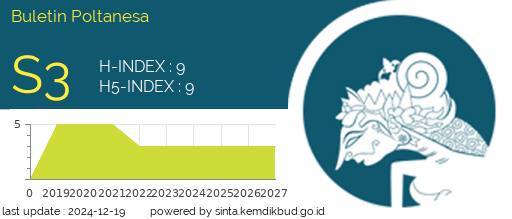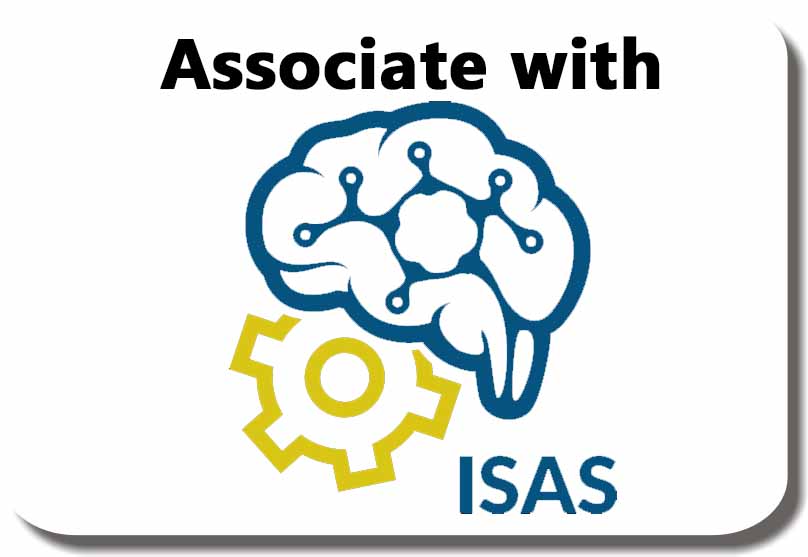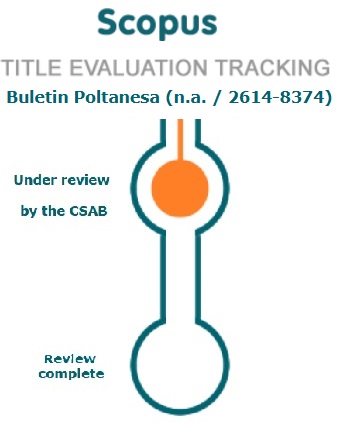Bibliometric Evaluation of Work-Life Balance Research Developments from A Global Perspective
DOI:
https://doi.org/10.51967/tanesa.v25i1.3027Keywords:
Work-life Balance, Bibliometric analysis, Research trends, Collaboration patterns, Employee well-being, Work-family ConflictAbstract
Maintaining a healthy work-life balance has emerged as a pressing concern in contemporary society, given the relentless pace of the modern world and the relentless pursuit of career success. This paper employs a bibliometric approach to delve into the landscape of work-life balance research, delving into trends, pivotal themes, and collaboration dynamics among scholars. The methodology hinges on meticulous data collection from esteemed academic databases, followed by comprehensive analysis facilitated by bibliometric software. The findings underscore a burgeoning interest in work-life balance inquiry, underscored by a dual focus on the detrimental repercussions of work-family conflict and the advantageous outcomes of attaining equilibrium. The analysis sheds light on influential authors shaping the discourse, pivotal research themes driving the field forward, and prospective avenues for further exploration. These insights hold significance for academia, industry practitioners, and policymakers alike. By unpacking the implications of this research, organizations, individuals, and society stand to gain. It underscores the imperative of fostering work-life balance not only for individual well-being but also for optimizing organizational effectiveness. Moreover, the paper emphasizes the nuanced interplay between work and personal life, advocating for strategies that facilitate harmony between the two realms. Recognizing the multifaceted nature of work-life balance, it calls for tailored interventions and policies that acknowledge diverse needs and preferences. By fostering an environment conducive to balance, organizations can enhance employee satisfaction, productivity, and retention rates. Simultaneously, individuals can lead more fulfilling lives characterized by holistic well-being and fulfillment across various domains. In essence, this research contributes to a deeper understanding of work-life balance dynamics, offering actionable insights for stakeholders across different spheres.
References
Ainapur, P., Vidyavathi, B., Kulkarni, K., Professor, A., & Veerendra, D. (2016). Work Life Balance Policies, Practices and Its Impact on Organizational Performance. In International Journal of Latest Technology in Engineering: Vol. V. Www.Ijltemas.Inadnan.
Anisah, A. L. (2020). Intervensi Literasi dan Layanan Kesehatan Mental Pns Dalam Meningkatkan Kualitas Pelayanan Publik di Era New Normal. Jurnal Kebijakan dan Manajemen Pns, 14(2 November), 29-39.
Bataineh, K. (2019). Impact Of Work-Life Balance, Happiness at Work, On Employee Performance. International Business Research, 12(2), 99-112.
Derks, D., Bakker, A. B., Peters, P., & Van Wingerden, P. (2016). Work-Related Smartphone Use, Work–Family Conflict and Family Role Performance: The Role of Segmentation Preference. Human Relations, 69(5), 1045-1068.
Derks, D., Van Duin, D., Tims, M., & Bakker, A. B. (2015). Smartphone Use and Work–Home Interference: The Moderating Role of Social Norms and Employee Work Engagement. Journal Of Occupational and Organizational Psychology, 88(1), 155-177.
Dunn, M., & Kalleberg, A. L. (2016). Does College Focus Matter? Explaining Differences in Performance Among Community Colleges In North Carolina: A Capsee Working Paper. Center For Analysis of Postsecondary Education and Employment.
Ferguson, M., & Carlson, D. (2014). Overqualification and The Association with Work-Family Conflict. Journal Of Managerial Psychology, 29(4), 386-403.
Fisher, D., & Wilder-Smith, A. (2020). The Global Community Needs to Swiftly Ramp Up the Response to Contain Covid-19. The Lancet, 395(10230), 1109-1110.
Gautam, I., & Jain, S. (2018). A Study of Worklife Balance: Challenges and Solutions. International Journal of Research in Engineering, It and Social Sciences, 12(8), 198-217.
Kossek, E. E., & Lautsch, B. A. (2017). Work-Family Boundary Management Styles in Organizations: A Cross-Level Model. Organizational Psychology Review, 7(4), 365-394.
Kossek, E. E., & Lautsch, B. A. (2018). Work–Family Boundary Management Styles in Organizations: A Cross-Level Model. Organizational Psychology Review, 8(3), 220–247.
Matthews, R. A., Wayne, J. H., & Ford, M. T. (2014). A Work–Family Conflict/Subjective Well-Being Process Model: A Test of Competing Theories of Longitudinal Effects. Journal Of Applied Psychology, 99(6), 1173-1187.
Setyawan, B. G. (2020). Pengaruh Fleksibilitas Kerja Terhadap Kepuasan Kerja Dengan Pemberdayaan Sebagai Variabel Mediator Pada Pekerja Paruh Waktu di Sektor Transportasi Daring Di Yogyakarta (Doctoral Dissertation, Universitas Atma Jaya Yogyakarta).
Sharma, S., Gangwani, S., & Al Fryan, L. H. (2019). Work Life Balance of Working Women Professionals: Scale Development. International Journal of Scientific and Technology Research, 8(11), 3504-3511.
Shockley, K. M., Shen, W., Denunzio, M. M., Arvan, M. L., & Knudsen, E. A. (2017). Disentangling The Relationship Between Gender and Work–Family Conflict: An Integration of Theoretical Perspectives Using Meta-Analytic Methods. Journal of Applied Psychology, 102(12), 1601-1635.
Suryaningtyas, D. (2020). Bekerja Dari Rumah: Implementasinya Pada U-Learning Selama Pandemi Virus Covid-19. Jurnal Ekonomi Modernisasi, 16(2), 73-81.
Suryani, A. I. (2020). Keseimbangan Kehidupan Kerja dan Kepuasan Hidup: Studi Meta-Analisis. Jurnalpsikologi Volume, 13(1).
Trógolo, M. A., Moretti, L. S., & Medrano, L. A. (2022). A Nationwide Cross-Sectional Study of Workers’ Mental Health During the Covid-19 Pandemic: Impact of Changes in Working Conditions, Financial Hardships, Psychological Detachment from Work and Work-Family Interface. Bmc Psychology, 10(1), 73.
Villiger, S., & Hämmig, O. (2023). Work Related Demands and Resources as Predictors of Well-Being at Work Among Healthcare Workers in Switzerland. Journal Of Occupational and Environmental Medicine, 65(8), 689-693.
Wibowo, M. E. S., & Hartono, E. S. (2020). Studi Fenomenologi Tentang Keseimbangan Kehidupan dan Pekerjaan Karyawan Sektor Perbankan di Kota Semarang. Inobis: Jurnal Inovasi Bisnis dan Manajemen Indonesia, 3(3), 363-377.
Downloads
Published
How to Cite
Issue
Section
License
Copyright (c) 2024 Buletin Poltanesa

This work is licensed under a Creative Commons Attribution-ShareAlike 4.0 International License.
The copyright of this article is transferred to Buletin Poltanesa and Politeknik Pertanian Negeri Samarinda, when the article is accepted for publication. the authors transfer all and all rights into and to paper including but not limited to all copyrights in the Buletin Poltanesa. The author represents and warrants that the original is the original and that he/she is the author of this paper unless the material is clearly identified as the original source, with notification of the permission of the copyright owner if necessary.
A Copyright permission is obtained for material published elsewhere and who require permission for this reproduction. Furthermore, I / We hereby transfer the unlimited publication rights of the above paper to Poltanesa. Copyright transfer includes exclusive rights to reproduce and distribute articles, including reprints, translations, photographic reproductions, microforms, electronic forms (offline, online), or other similar reproductions.
The author's mark is appropriate for and accepts responsibility for releasing this material on behalf of any and all coauthor. This Agreement shall be signed by at least one author who has obtained the consent of the co-author (s) if applicable. After the submission of this agreement is signed by the author concerned, the amendment of the author or in the order of the author listed shall not be accepted.











